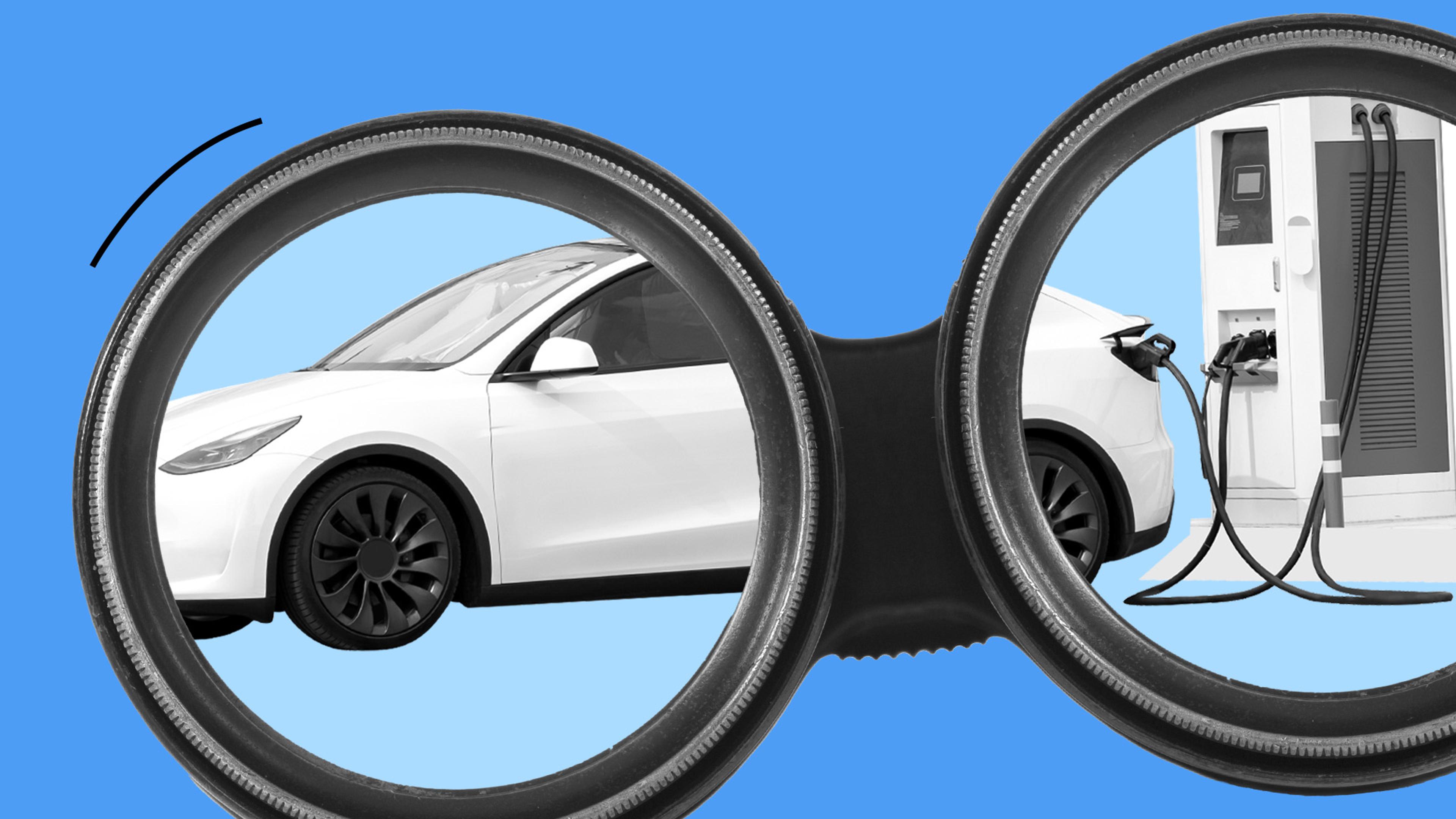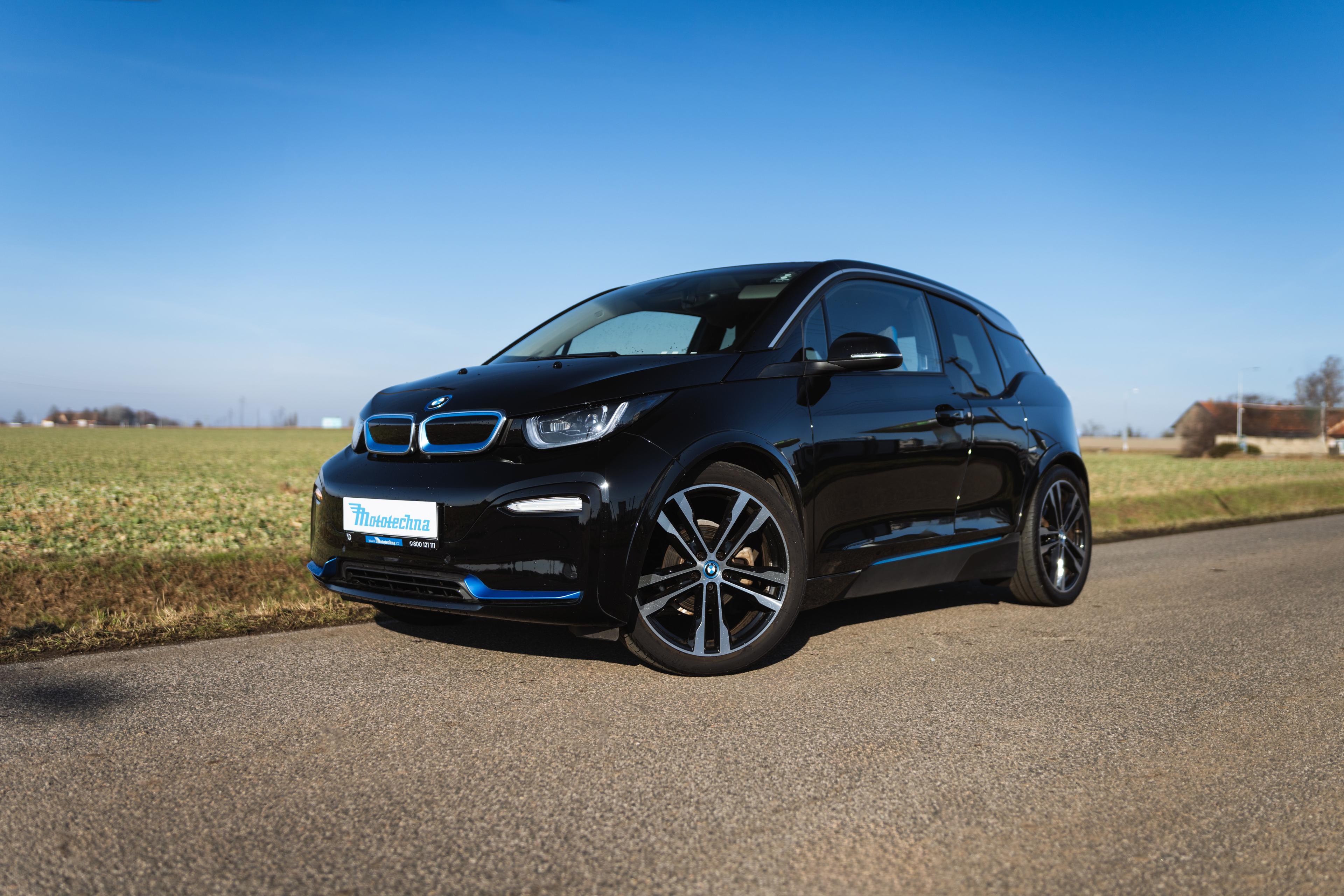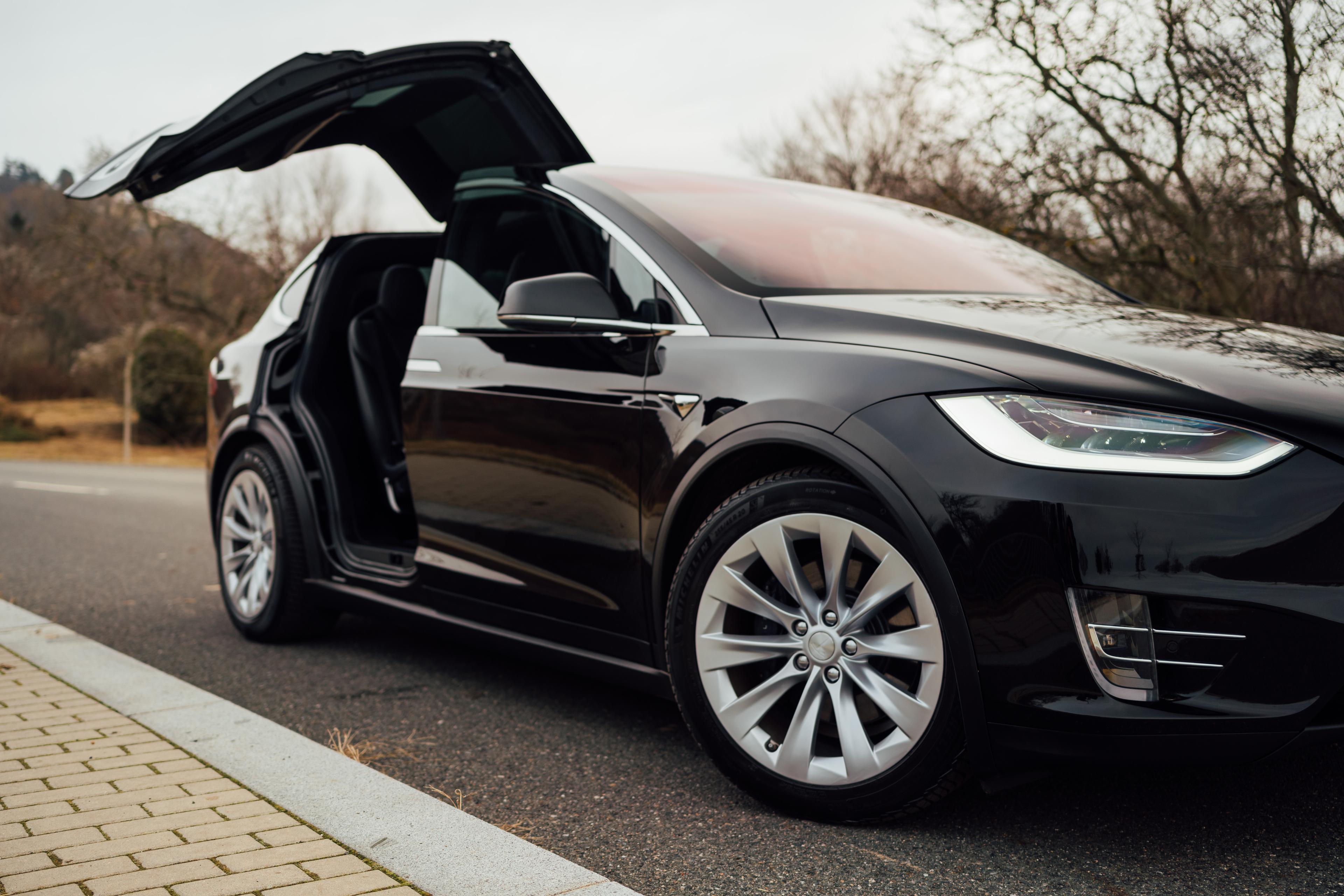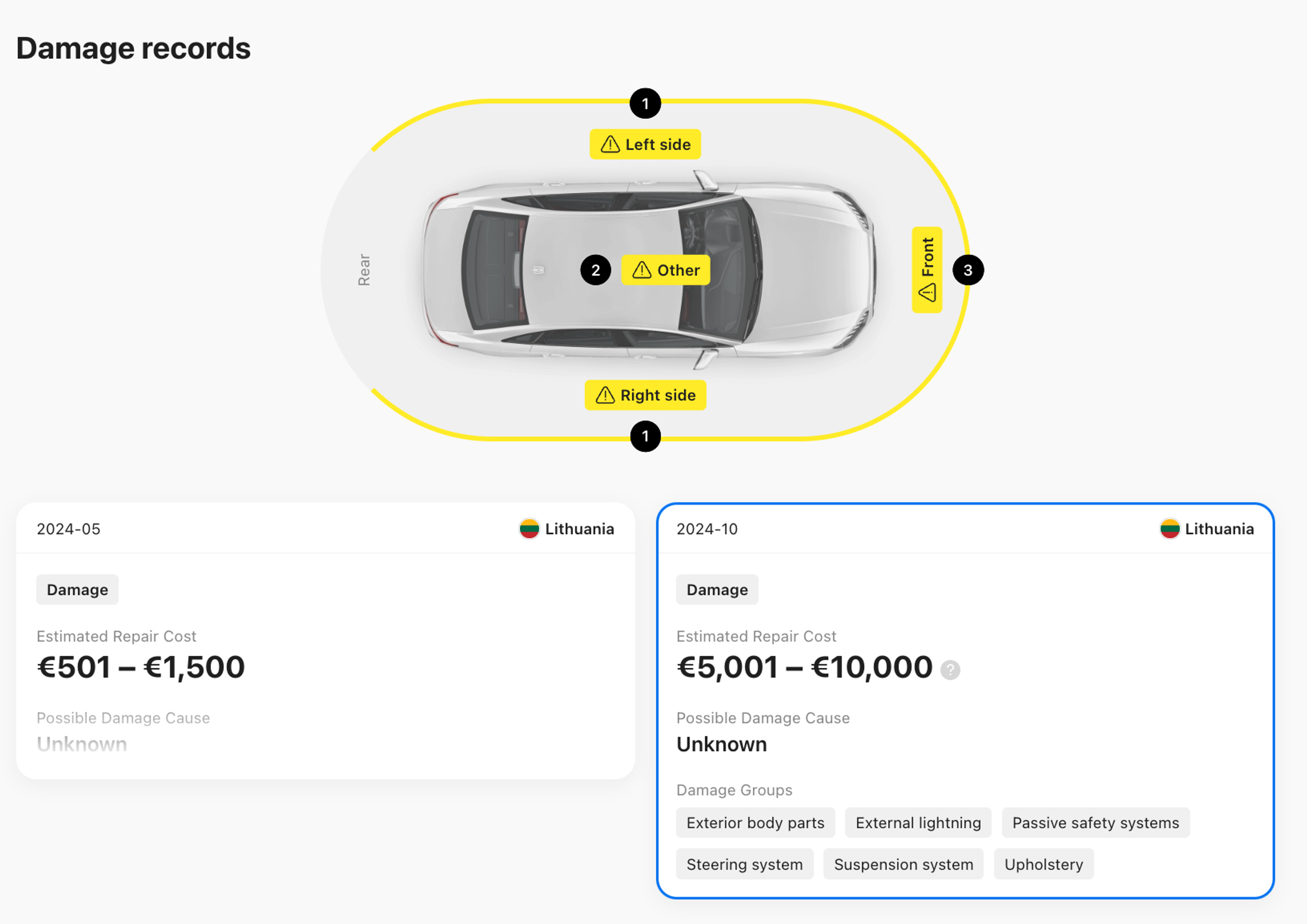06/12/2024
While some Polish dealers avoid selling electric cars, others see this market as an opportunity

While the popularity of electric vehicles (EVs) in many countries is growing, some dealerships in Poland remain hesitant to start selling them. However, with stricter EU CO2 emission standards set to take effect next year, there’s no turning back. Local governments are also addressing pollution issues, with Warsaw becoming the first Polish city to establish clean transport zones.
Many dealerships still fear that selling electric vehicles may be risky, whereas others consider them as an opportunity to unlock new customer segments.
AURES Holdings, which runs AAA AUTO car centres in Czechia, Slovakia, Hungary, and Poland, has been at the forefront of used EV sales. After success with electric vehicles in Czechia, the company shifted its focus to Poland, where government subsidies are making the future of the sector look promising.
We asked AURES Holdings to share their thoughts on the used EV market in Poland and discuss its peculiarities.

Selling a car or motorcycle?
Get a history report to convince potential buyers!
Lack of knowledge and fear hold back dealers from selling used EVs

A new battery electric vehicle (BEV) can depreciate significantly in its early years. This steep drop in value is a pain point for owners, unlike with internal combustion engine (ICE) vehicles.
Skepticism around EV batteries is similar to the initial reaction toward cars with automatic transmissions years ago. Many hesitated to buy cars with automatic transmissions due to potential repair costs, yet such vehicles now dominate the market.
Used EVs also face some of the same problems as diesel and gasoline vehicles. Our data shows that 2.2% of electric cars in Poland had a clocked mileage and 60.4% had suffered damages.
According to Jan Dedek, an EV technology expert at AURES Holdings, many dealerships are reluctant to invest in electric cars, as they’re afraid of potential battery replacement costs. Established dealerships often lack knowledge about EVs, with some not even knowing how to charge an EV correctly to avoid battery damage.
Established dealerships have been selling combustion cars for 5, 10, 30, or even 50 years. The current wave of BEVs enabled by Li-ion batteries is only 5 years old, explaining why many dealerships are still lacking expertise in this industry.
Twelve years ago, a Nissan Leaf couldn’t even travel 90 km on the highway and lacked a heat pump. Today, a fully equipped Tesla Model 3 Long Range, with a heat pump, can go from Gdynia to the Adriatic Sea with only two 30-minute charging stops. With the Leaf, that trip would require around 28 stops, likely totaling 9 hours if you’re lucky," says Dedek.
says Dedek.
Teslas, BMW i3, and Fiat 500e are among the most popular EVs in Poland

As of September 2024, Poland had 74,000 registered EVs. While still modest, the number is steadily growing. However, myths and misconceptions continue to surround the EV market in Poland and other Central European countries.
BEVs are greener than combustion cars, but it’s hard to see their environmental impact when a coal plant is visible from your window. Many people in Poland also live in high-rise apartments without access to affordable overnight home charging, unlike those in single-family homes," Dedek explains.
Dedek explains.
For AURES Holdings management, moving into the EV market was a rational step, reflecting both research and market forecasts in Central Europe. However, Polish buyers already have some preferences when looking for an EV.
In Poland, customers generally want either a small city car or, on the opposite end, a long-distance cruiser. Tesla models are especially popular, along with the BMW i3 and Fiat 500e. The mid-range segment doesn’t sell well, possibly due to the greater distances between cities here compared to other Central European countries," Dedek adds.
Dedek adds.
Avoiding red flags in used vehicles
Over the decades, AURES Holdings has developed robust processes to identify and reject poor-quality vehicles. Whether it’s mileage fraud, cars rebuilt from parts, flood-damage, or salvage titles from the US, the company can usually detect these issues. carVertical also plays a part in helping AURES Holdings dealerships avoid cars in poor condition and pick only top-notch models.
In BEVs, battery health is a key concern, as it’s the most expensive component. Expertise in this field is rare, and only a few companies specialize in it.
AURES Holdings utilizes the Aviloo battery testing system in its AAA AUTO car centres to assess the state of health (SoH) of EV batteries. This approach enables the company to identify and exclude vehicles with subpar battery performance, ensuring a higher standard for their inventory. In one instance in Poland, a used Nissan Leaf's battery displayed a higher range than what the onboard computer indicated, which usually is quite the opposite.
What sales techniques should dealerships use to sell EVs to first-time buyers?
The EV industry is heavily influenced by widespread myths, and many buyers are skeptical. Dedek emphasizes that typical sales techniques with first-time EV buyers may not work. Here’s a few tips that worked for AAA to make the sales process smoother.
- Choose the right staff. At AAA Auto, the best EV salespeople are mostly younger. They’re better at advising customers, asking the right questions about their situation, assessing whether a BEV makes sense for them, and recommending suitable models.
- Debunk the myths about charging. Many people still believe that BEVs can only be charged at public charging stations, which they perceive as expensive. The role of the salesperson – or better, an electromobility expert in a used EV dealership – should be to explain that BEVs are most commonly charged at home or work, at a fraction of the cost of public stations. It should also be clarified that they can be charged from any standard outlet like the one used for a kettle.
- Address concerns about the battery’s longevity. Undoubtedly, the biggest fear is battery degradation and the associated costs of replacement. Both of these concerns are overstated. With some exceptions, it can be said that a car will rust before you ever need to worry about battery issues.
- Create transparency by providing carVertical’s history report. EV buyers value transparency so it’s a good idea to accompany cars you sell with a history report. While a report can reveal information about mileage discrepancies, past damages, ownership changes, technical specifications, and more, a clean report will give buyers a peace of mind, as they’ll see that a car has no hidden issues.

- Offer EV-specific warranties. Since buyers worry about EV maintenance, provide them not only with standard insurance but also include EV-specific policies.
- Provide buyers with a comprehensive EV guide. People often don’t know anything about EVs, and dealerships shouldn’t leave them alone after purchase. Provide customers with a free EV guide in both print and digital formats. This guide should cover essential topics like charging, apps to register, maximizing range, and maintenance tips.
- Ensure the car comes with charging accessories. Make sure the EV comes with at least one charging cable, and offer additional charging options for purchase. You can also offer wallboxes that can be custom installed by a specialist company at the customer’s home, so they wouldn’t need to take care of this themselves.
- Maintain relationships with clients after sale. Post-sale care is an important part of the process. As a benefit, you can offer EV buyers a battery test after one year. This helps build further trust in electromobility.

Check your VIN
Avoid costly problems by checking a vehicle's history. Get a report instantly!
